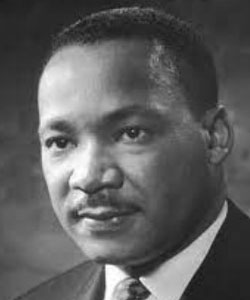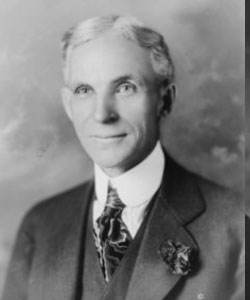Leadership Philosophy
Transformational Change
 Abraham Lincoln embodied the attributes of a transformational leader. Through his leadership, Lincoln constructed a vision not only for the preservation of the Union but opened a pathway to a reconstructed union without malice or desire for revenge.
Abraham Lincoln embodied the attributes of a transformational leader. Through his leadership, Lincoln constructed a vision not only for the preservation of the Union but opened a pathway to a reconstructed union without malice or desire for revenge.
Lincoln had no silver bullets to save the Union. This was difficult to accept. But as the war stretched on, he began to understand that the complexity of the conflict and the magnitude of its stakes made a single, clear-cut way to end it virtually impossible. Understanding this means abandoning the quest for the single definitive answer. Letting go of this quest frees leaders—emotionally and practically—to focus on the many possible approaches and actions needed to make a meaningful difference.
Disrupting the Status quo
 King is honored and revered today, but he wasn't embraced by society during his short life. However, King knew that his dream of equality (even when equality was not popular) was more important than the status quo. His actions backed his vision, and he shook up the popular culture of the time. Sometimes doing things completely different is what's necessary for evolution and innovation.
King is honored and revered today, but he wasn't embraced by society during his short life. However, King knew that his dream of equality (even when equality was not popular) was more important than the status quo. His actions backed his vision, and he shook up the popular culture of the time. Sometimes doing things completely different is what's necessary for evolution and innovation.
The same way of thinking always wields the same results. King never accepted that just because things were a certain way, it made them the right way. How can you shake up the status quo in your industry? How about in your corporate culture or business values? Be a leader and set the new standard by changing an outdated status quo in your life.
Self-Sufficiency
 Henry Ford's philosophy was one of self-sufficiency using vertical integration. He aimed to produce a vehicle from scratch without reliance on outside suppliers.
Henry Ford's philosophy was one of self-sufficiency using vertical integration. He aimed to produce a vehicle from scratch without reliance on outside suppliers.
Ford had a global vision, with consumerism as the key to peace. He was committed to systematically lowering costs, which resulted in many technical and business innovations, including a franchise system that put dealerships throughout North America and major cities on six continents. Ford also made significant contributions to lean thinking, and invented the CANDO principle, which stands for Cleaning up, Arranging, Neatness, Discipline and Ongoing improvement
